Imagine you’re sitting across from your partner — they look up at you to tell you something deeply personal — they're bi-curious.
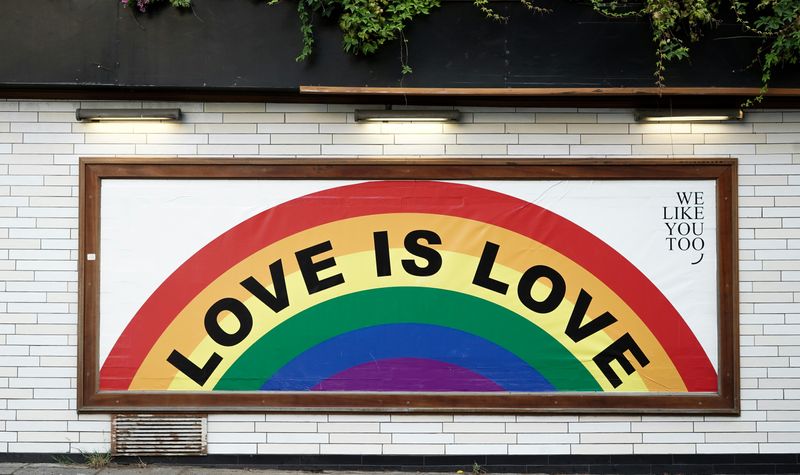 Photo by Yoav Hornung on Unsplash
Photo by Yoav Hornung on UnsplashAt that moment, you might be unsure how to respond. This news might come as a surprise to you. It might bring up different feelings and questions about how to navigate your relationship going forward — but learning how to support your partner during this time is an act of love, trust, and empathy.
What does it mean to be bi-curious?
According to Merriam-Webster, bi-curious is a term used to describe "an openness to or curiosity about having sexual relations with a person whose sex differs from that of one's usual sexual partner."
To put it simply, someone who labels themselves as “bi-curious” is open to exploring relationships or sexual experiences with those of the same gender or more than one gender.
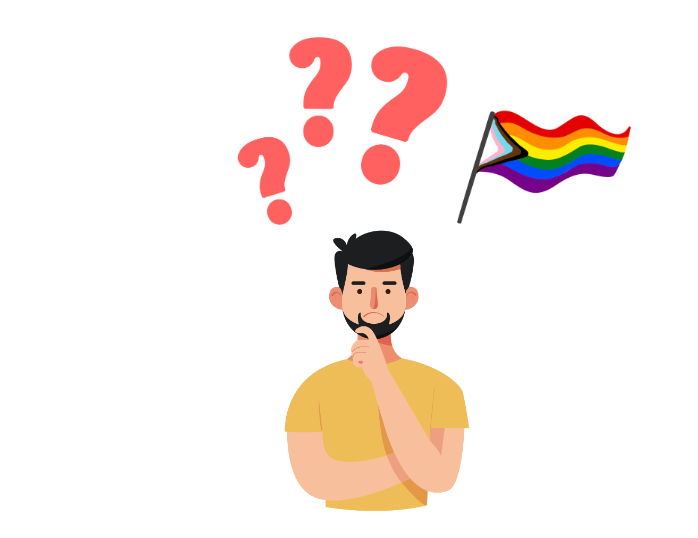
Something to consider:
There is debate about using the term "bi-curious". It can contribute to bi-erasure, which suggests bisexuality isn’t a genuine identity.
However, many people take comfort in identifying as bi-curious as they navigate what the label means to them.
Did you know?
Is being bi-curious the same as being bisexual?
The term bi-curious is NOT the same as bisexual.
According to the Lesbian, Gay, Bisexual, and Transgender Community Center, bi-curious people fall under the "Q" in LGBTQ+.
The Q stands for queer or someone questioning their sexual orientation or gender identity. Bi-curiosity often refers to those starting to explore their connection to the queer community.
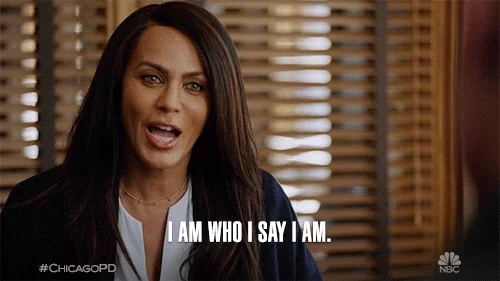
There are no rules to how your partner or anyone labels themselves, it's what feels right to them.
Navigating conversations with your partner
How you navigate conversation going forward with your partner is extremely important. You're in a position to either make them feel seen and heard or misunderstood and judged — learning how to have these conversations is a great first step in being an ally for them.

Someone's identity doesn't change simply because they're in a certain type of relationship. This mindset contributes to bi-erasure.
Avoid saying, "Why does it matter if you are bi-curious? We are in a monogamous relationship."
Say instead, "I acknowledge and respect your identity. What does this look like for our relationship going forward?"

Only your partner can label themself. Sexuality can change throughout life, but identifying their bi-curiosity as a "phase" can be harmful.
Avoid saying, "Maybe this is just a phase."
Say instead, “How can I support you as you navigate this part of your identity?”

When someone comes out to you, this is not a good time to question their sexual experiences. Their identify is valid, even if you do not understand it.
Avoid saying, "How can you be sure if you never tried?" or "Have you experimented before?"
Say instead, "I might not understand this right now, but I'm here to listen and I'm willing to learn more about what this means to you."

Sexuality is fluid, and some people deny or don't understand their queer feelings. For some, it's a process as they learn about themselves and their feelings.
Avoid saying, "Why didn't you tell me sooner?"
Say instead, “Thank you for telling me and trusting me with this. I appreciate your honesty, and your feelings and experiences are valid.”
Quiz
Your partner expresses to you that they feel confused about these feelings they're having about being bi-curious. What should you say? Select all that apply:
Subscribe for more quick bites of learning delivered to your inbox.
Unsubscribe anytime. No spam. 🙂
How to be an ally to your bi-curious partner
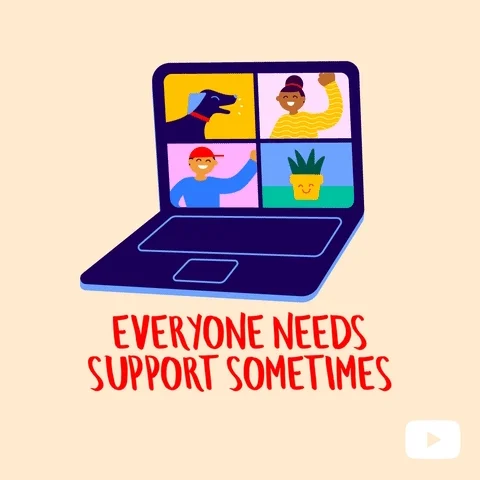
Use these support strategies:
Show them you're there: Let them know you're there to support them and actively listen as they explore what being bi-curious means to them.
Timing is important: Ask questions when appropriate, showing genuine interest. Allow your partner to take their time — don't rush them.
Communicate: Remember that your feelings are also valid. Discuss your boundaries with your partner.
Educate yourself: Do your own research. Suggest helpful online resources such as support groups and events.
Take Action
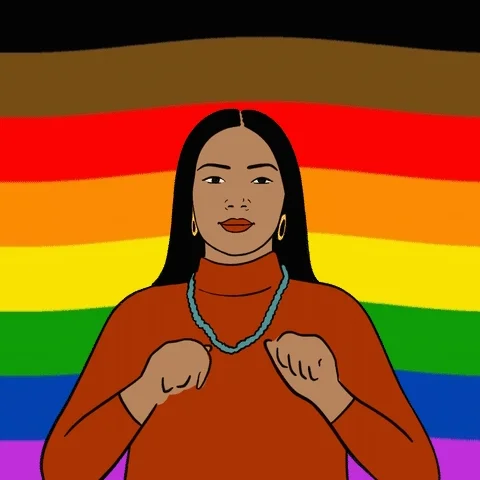
Whether you were already familiar with the LGBTQ+ community or new to the topic of bi-curiosity, reading this Byte was a great step in supporting your partner. Here are some more tips on how to support your bi-curious partner:
Your feedback matters to us.
This Byte helped me better understand the topic.
